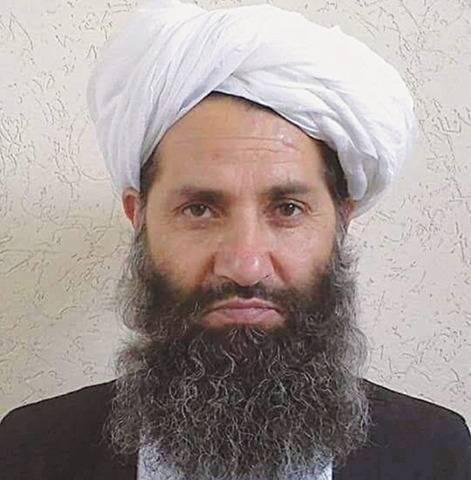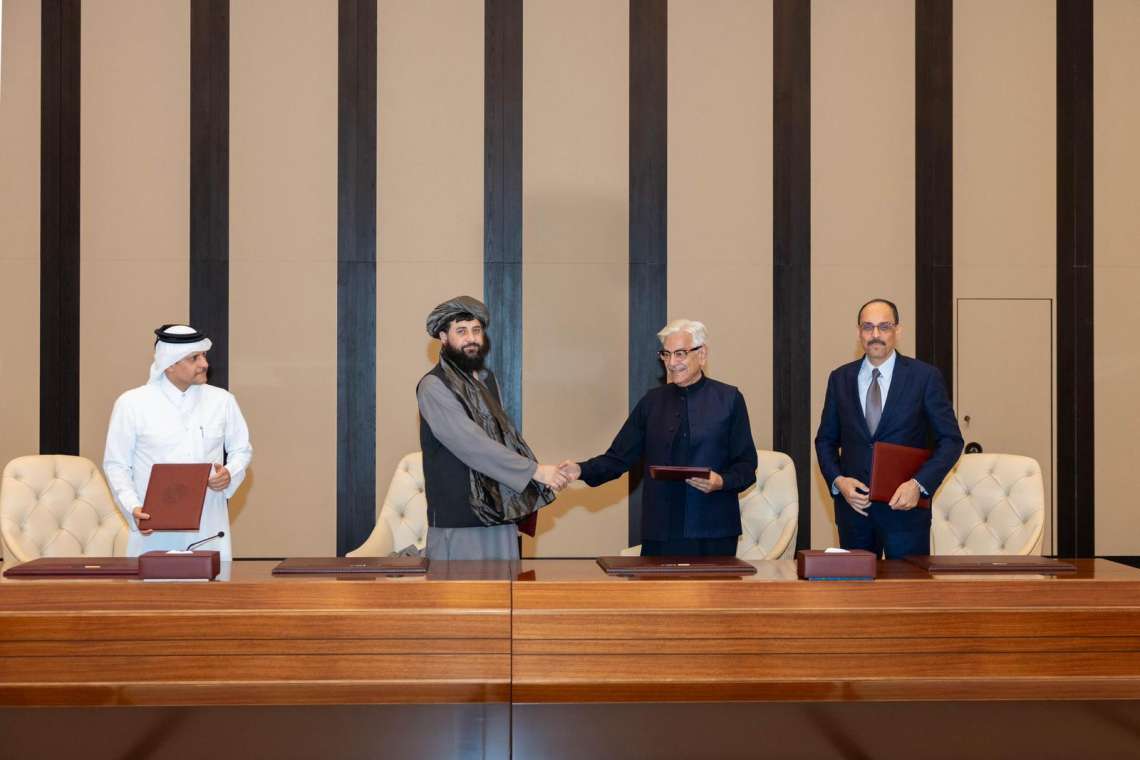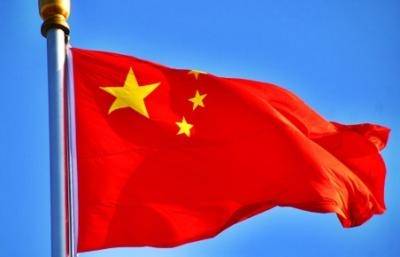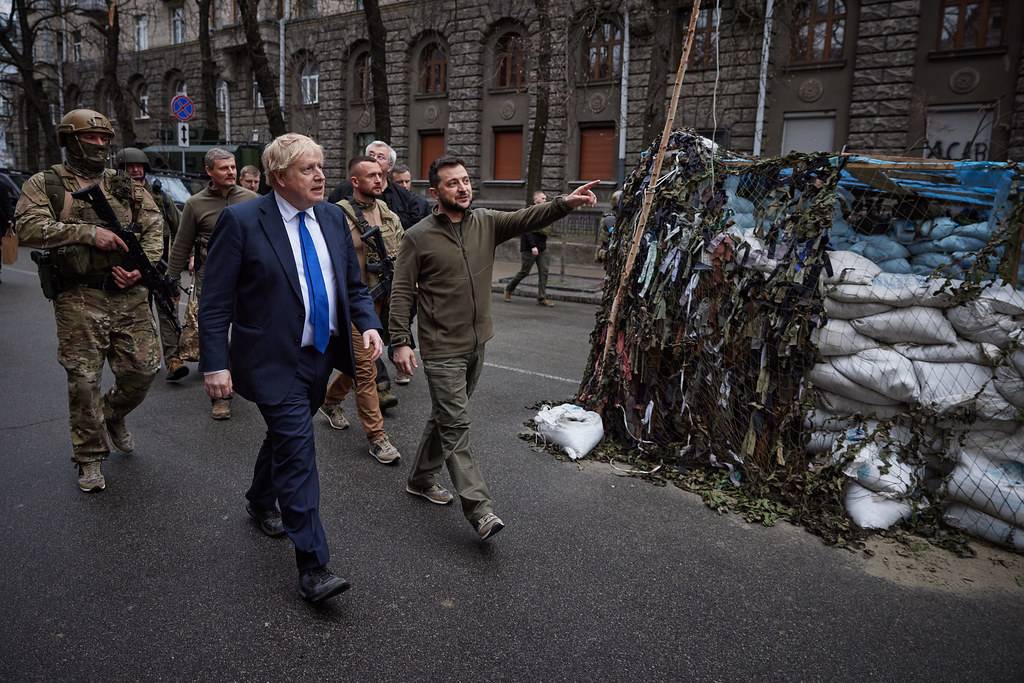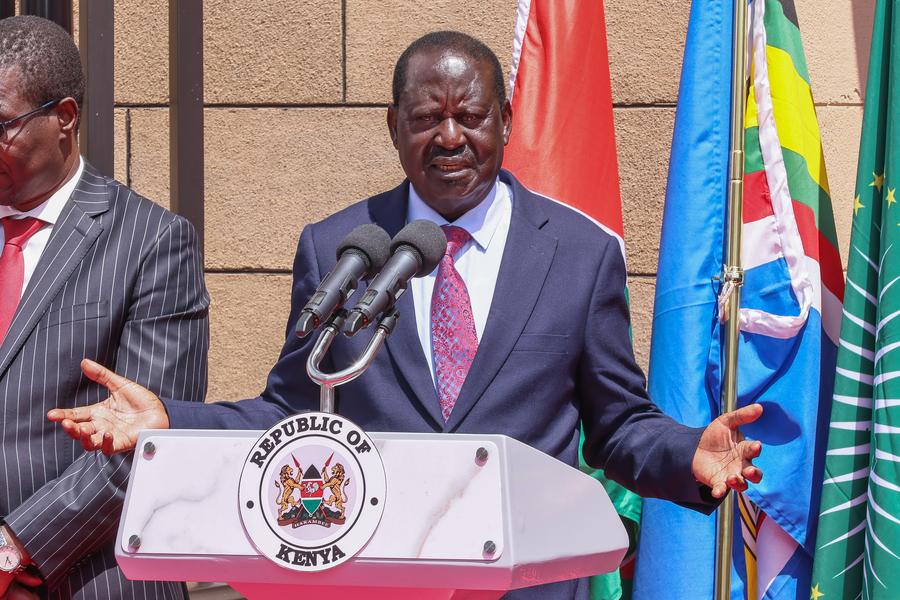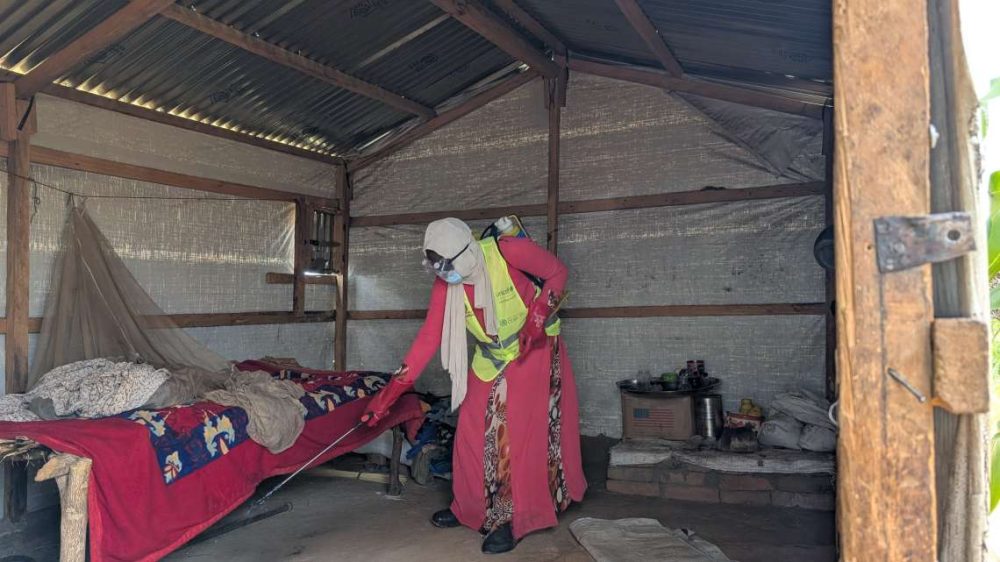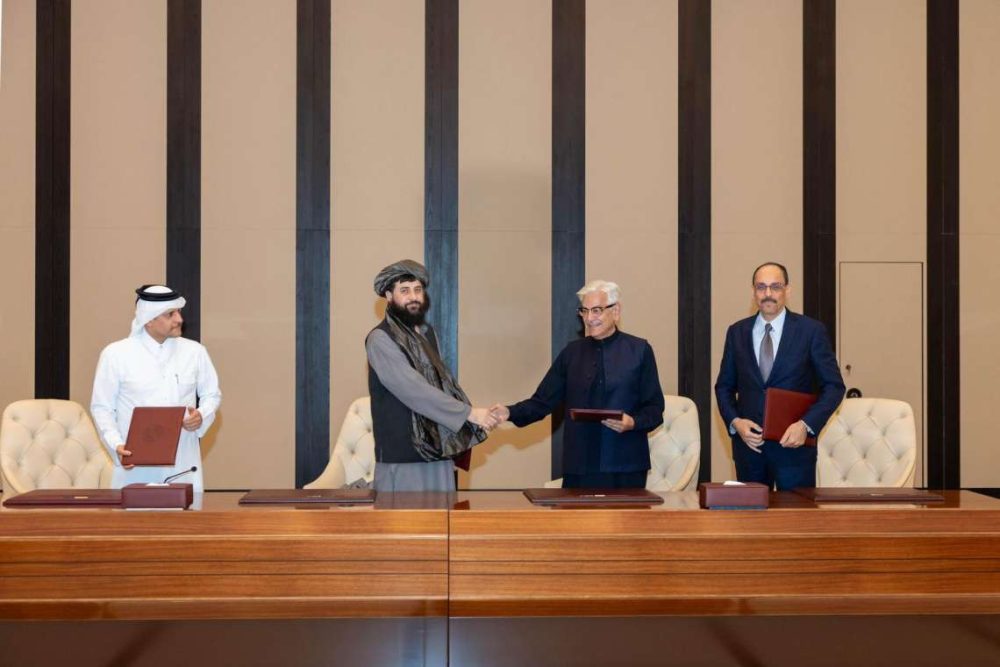More than 16 months of Taliban rule under Akhundzada’s leadership has poured cold water on the hopes of Afghans and the international community for peace and stability…reports Asian Lite News
Taliban supreme leader Mullah Haibatullah Akhundzada, has dominated decision-making as the hard-line Islamist group continues to restore many of the draconian policies it was infamous for when it ruled Afghanistan from 1996 to 2001, according to reports.
And while there has been some consistent backlash within the Taliban’s ranks, Akhundzada has cemented himself as the final say in virtually all matters by micromanaging the Taliban government and decreeing policies that deprive Afghans of fundamental rights.
Few Taliban members can reach him, and even fewer Afghans have seen him. He refuses to meet foreigners, including the most distinguished religious scholars from the Muslim world, RFE/RL reported.
In his attempt to create what he sees as a “pure” Islamic system, experts say, Akhunzada has alienated Afghans and the outside world and is steering the Taliban and the country he rules down a destructive path.
Michael Semple, a former European Union and UN adviser to Afghanistan, says that resistance to Akhunzada’s uncompromising approach could unleash another destructive civil war or even spill over Afghanistan’s borders, RFE/RL reported.
But more than 16 months of Taliban rule under Akhundzada’s leadership has poured cold water on the hopes of Afghans and the international community for peace and stability.
Semple says that Akhundzada’s loyal followers want to establish their extreme vision of Islamic rule at all costs, regardless of the consequences.
“The Taliban is an armed Islamist revolutionary movement, long committed to establishing their version of an Islamic state and society by force of arms,” he said.
Sami Yousafzai, a veteran Afghan journalist and commentator says that following the Taliban takeover in August 2021, Akhundzada kept his distance from the group’s caretaker government in Kabul by choosing to stay in the southern Afghan city of Kandahar.
Yousafzai says that in recent months, Akhundzada has tightened his grip on power by appointing loyalists to key government positions and has even established his own administrative secretariat in Kandahar.
“Akhundzada is running a parallel governance system from Kandahar and has gradually concentrated all the power in his hands,” Yousafzai said, adding that every ministry or governmental department now has at least one Akhundzada loyalist working for it, RFE/RL reported.
“Everyone in that ministry knows that he reports to the big boss,” Yousafzai said.
Yousafzai says that Akhundzada has surrounded himself with like-minded advisers who echo his thinking on religious and temporal matters.
In recent months, the supreme leader has also formed provincial clerical councils to supervise the Taliban administration in most provinces.


